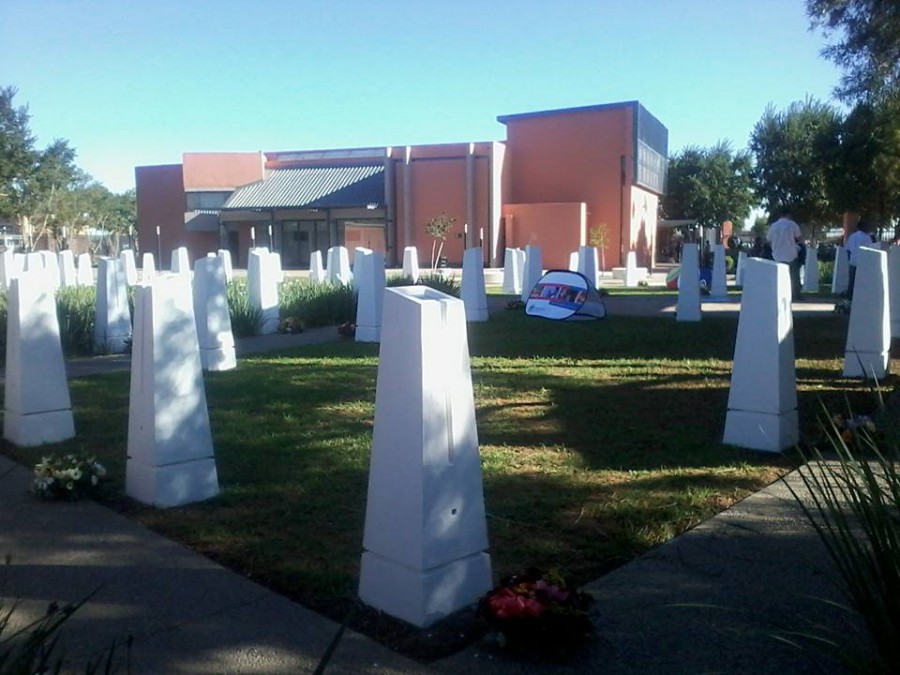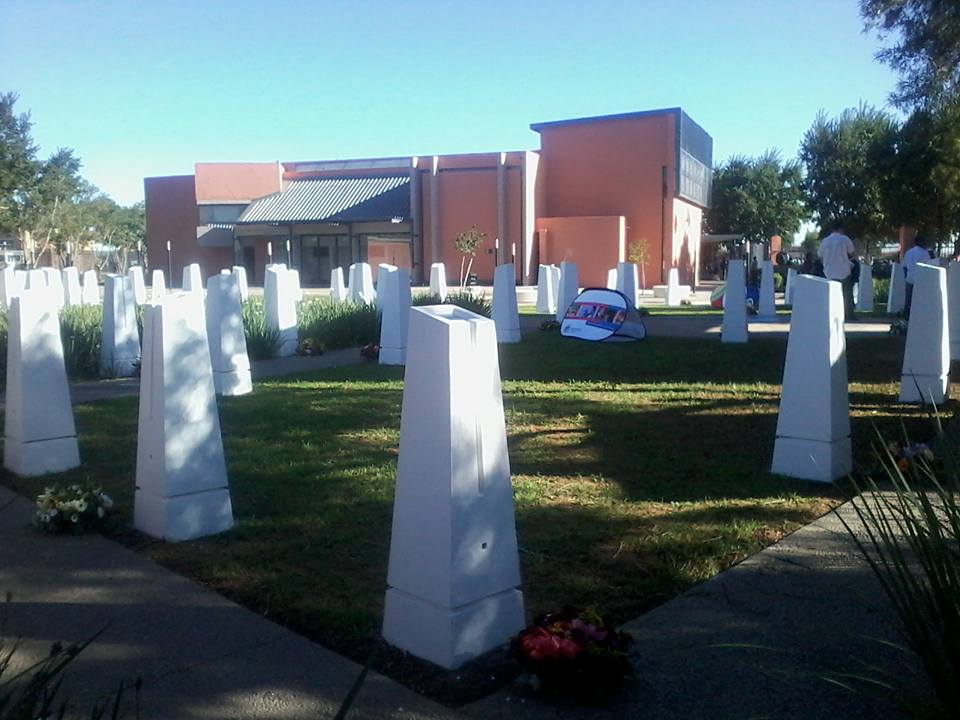
Why do South Africans celebrate Human Rights Day on 21 March?
Human Rights Day is a South African public holiday commemorated annually on 21 March and is related to the 1960 Sharpeville Massacre.

Human Rights Day is a South African public holiday that is commemorated annually on 21 March as a reminder to South Africans about the sacrifices that accompanied the struggle for democracy in South Africa.
FOR THE LATEST HUMAN RIGHTS DAY NEWS, BOOKMARK THE SAPEOPLE WEBSITE
The 1960s were characterised by systematic defiance and protest against apartheid and racism across the country.
On 21 March 1960, the community of Sharpeville and Langa townships, like their compatriots across the country, embarked on a protest march against pass laws.
The apartheid police shot and killed 69 of the protesters at Sharpeville.
Many of those killed were shot while fleeing.
The tragedy came to be known as the Sharpeville Massacre and it exposed the apartheid government’s deliberate violation of human rights to the world.
The democratic government declared 21 March Human Rights Day to commemorate and honour those who fought for our liberation and the rights we enjoy today.
We commemorate Human Rights Day to reinforce our commitment to the Bill of Rights as enshrined in our Constitution.
OUR HUMAN RIGHTS INCLUDE:
- Equality – everyone is equal before the law and has the right to equal protection and benefit of the law.
- Human dignity – everyone has inherent dignity and have their dignity respected and protected.
- Freedom of movement and residence – everyone has a right to freedom of movement and to reside anywhere in the country.
- Language and culture – everyone has the right to use the language and to participate in the cultural life of their choice.
- Life – everyone has the right to life.
